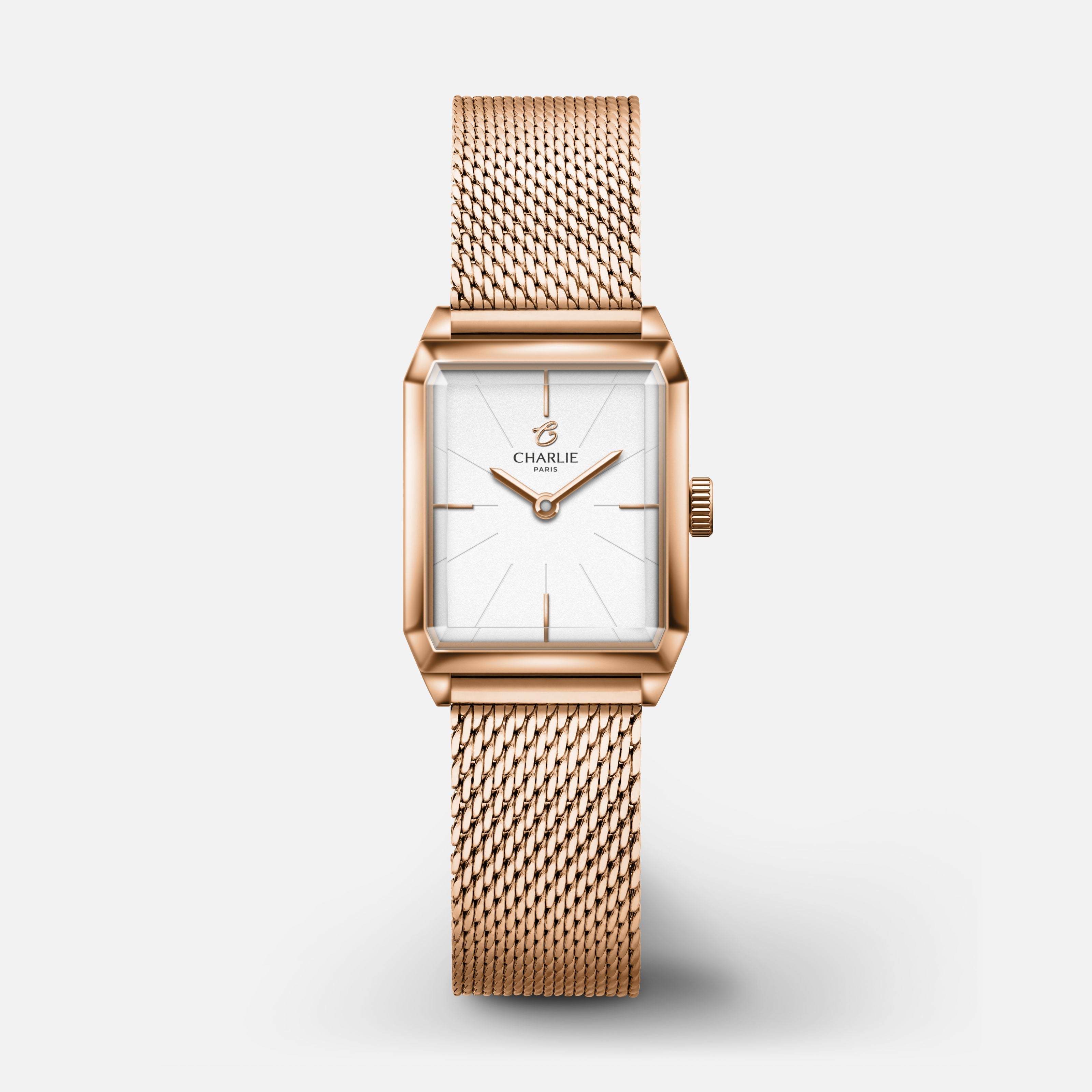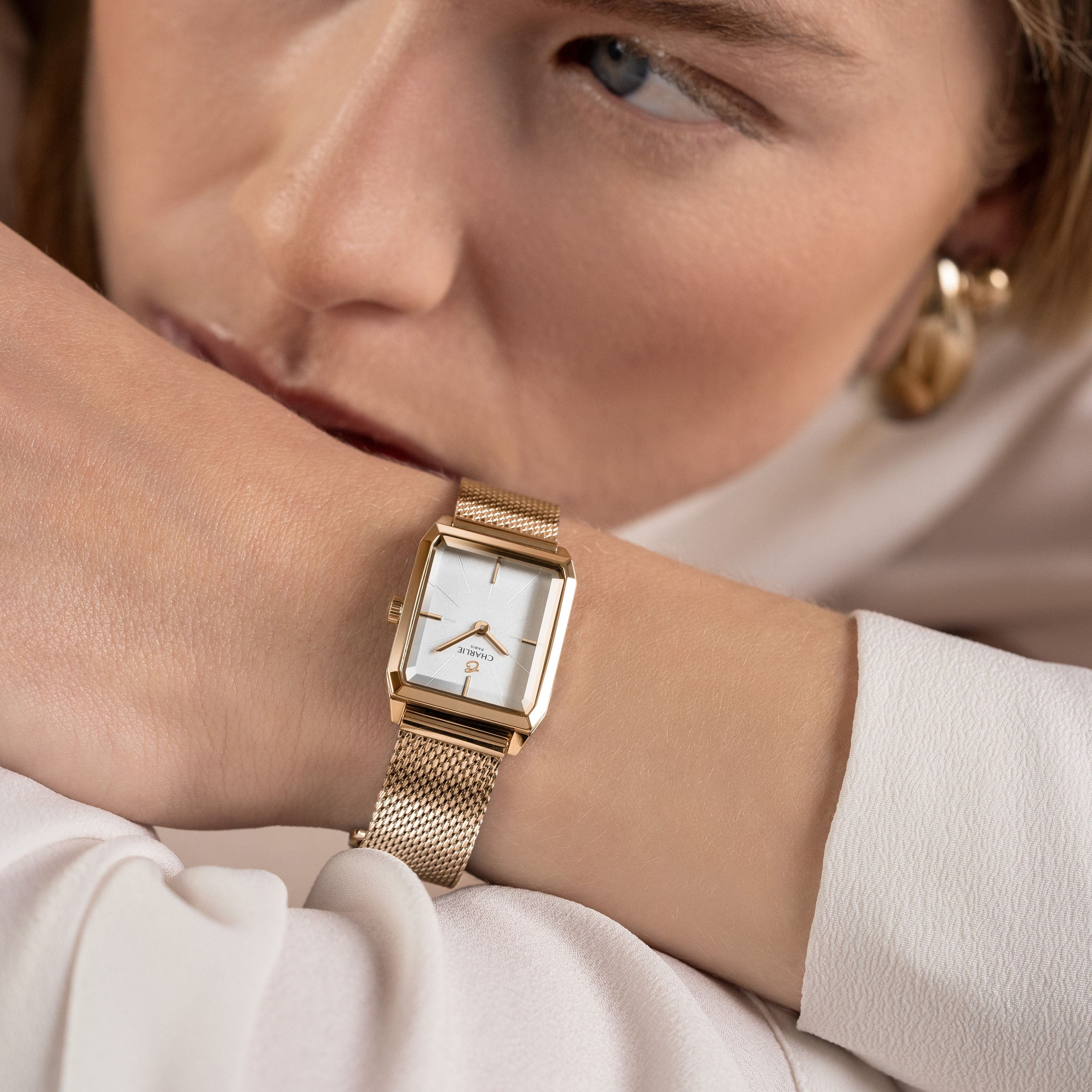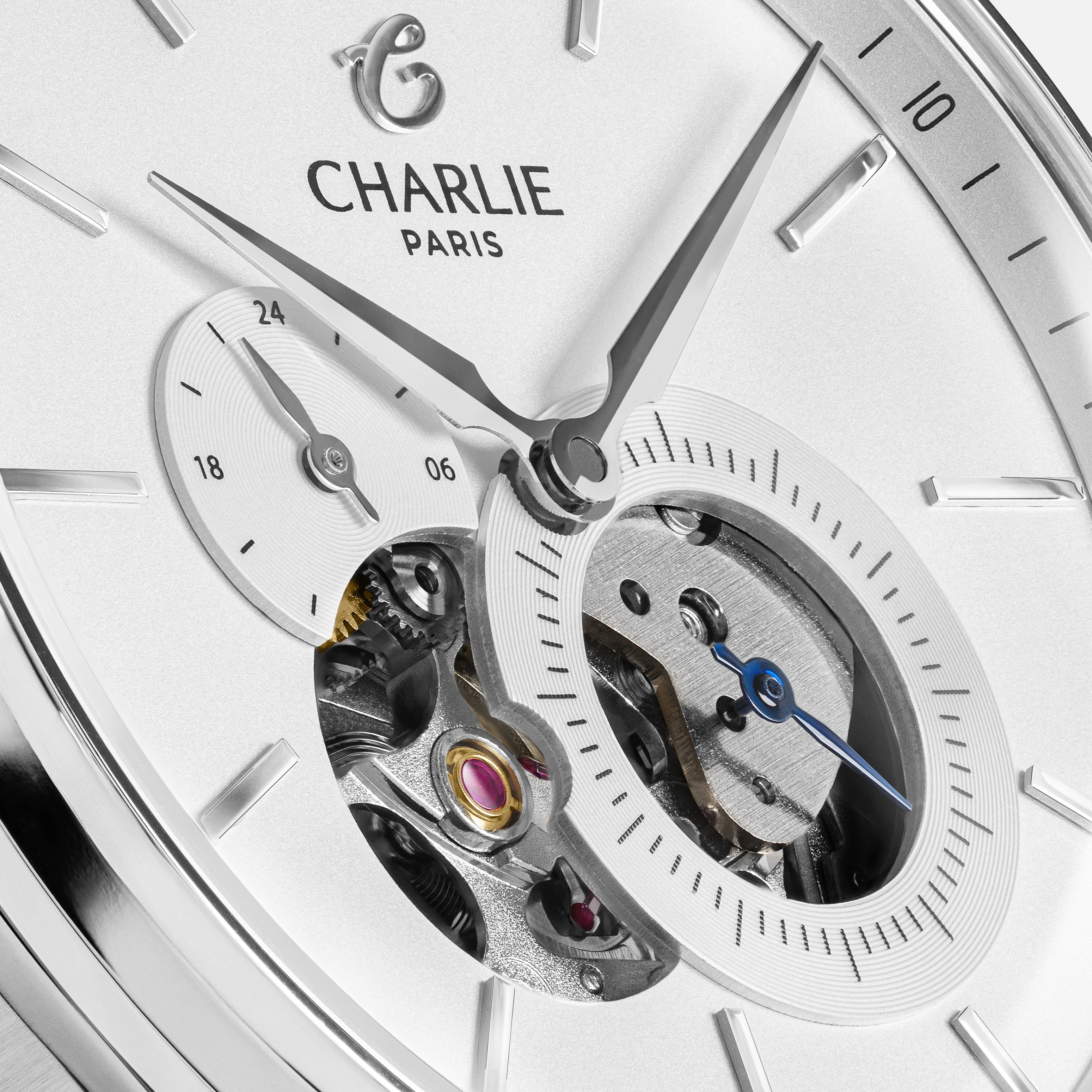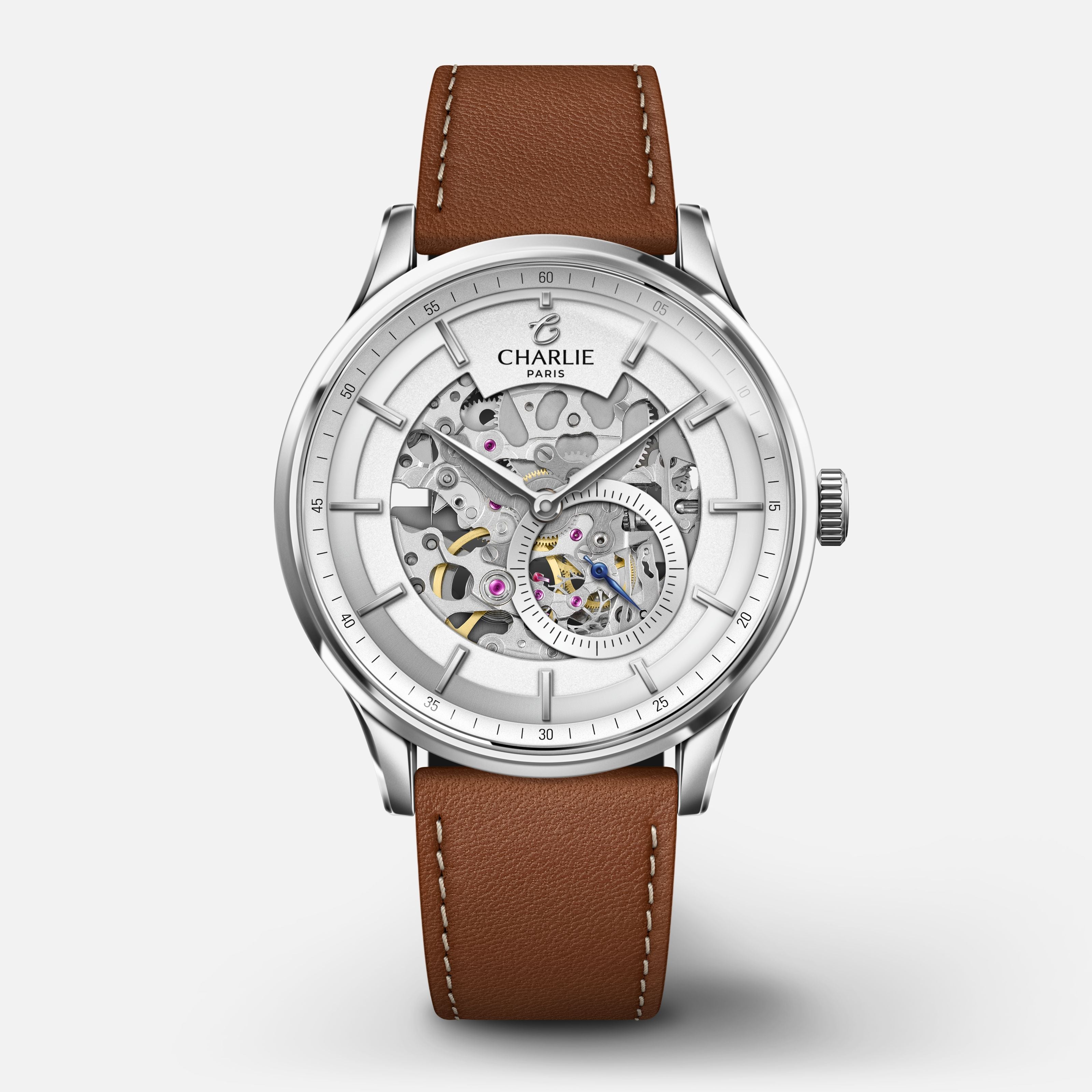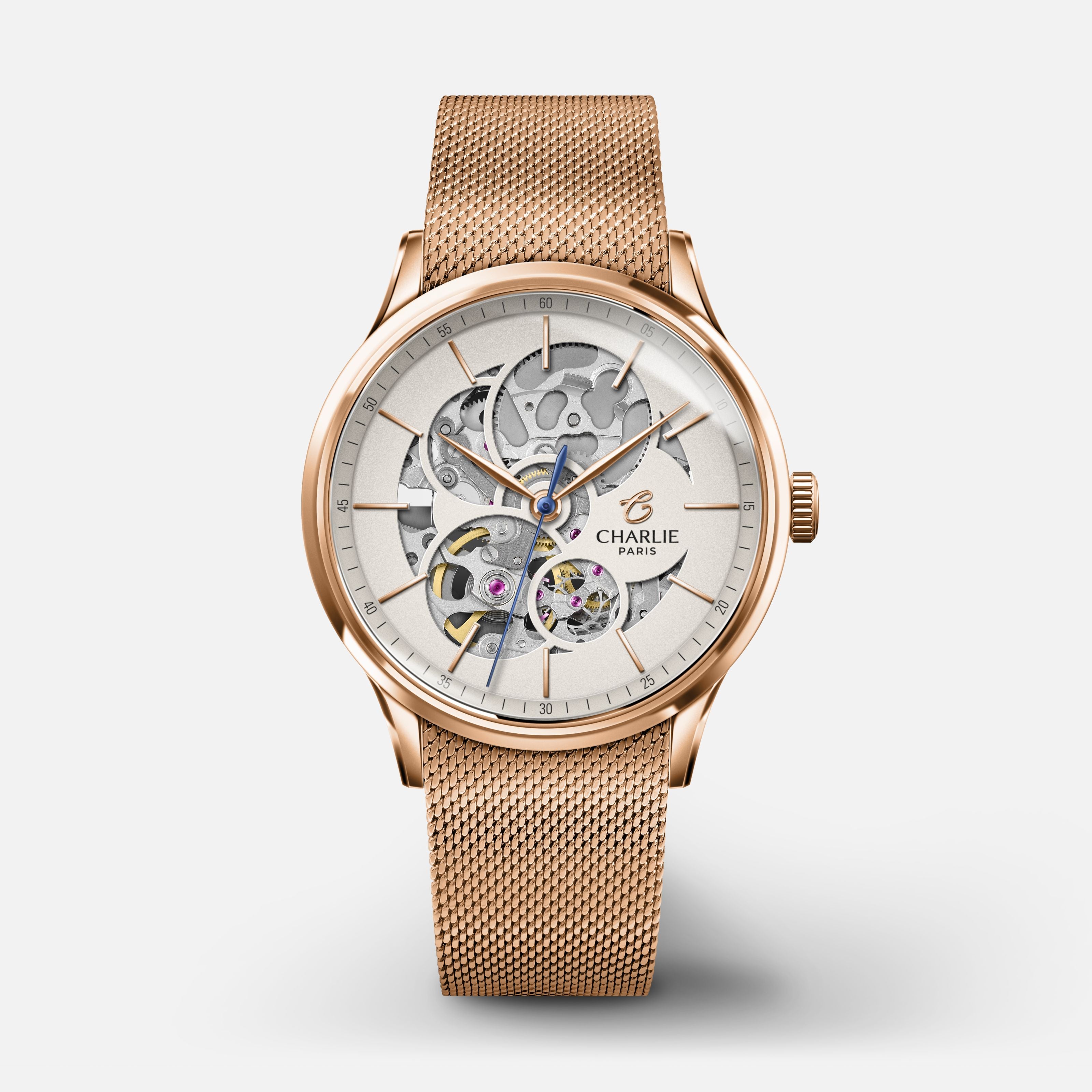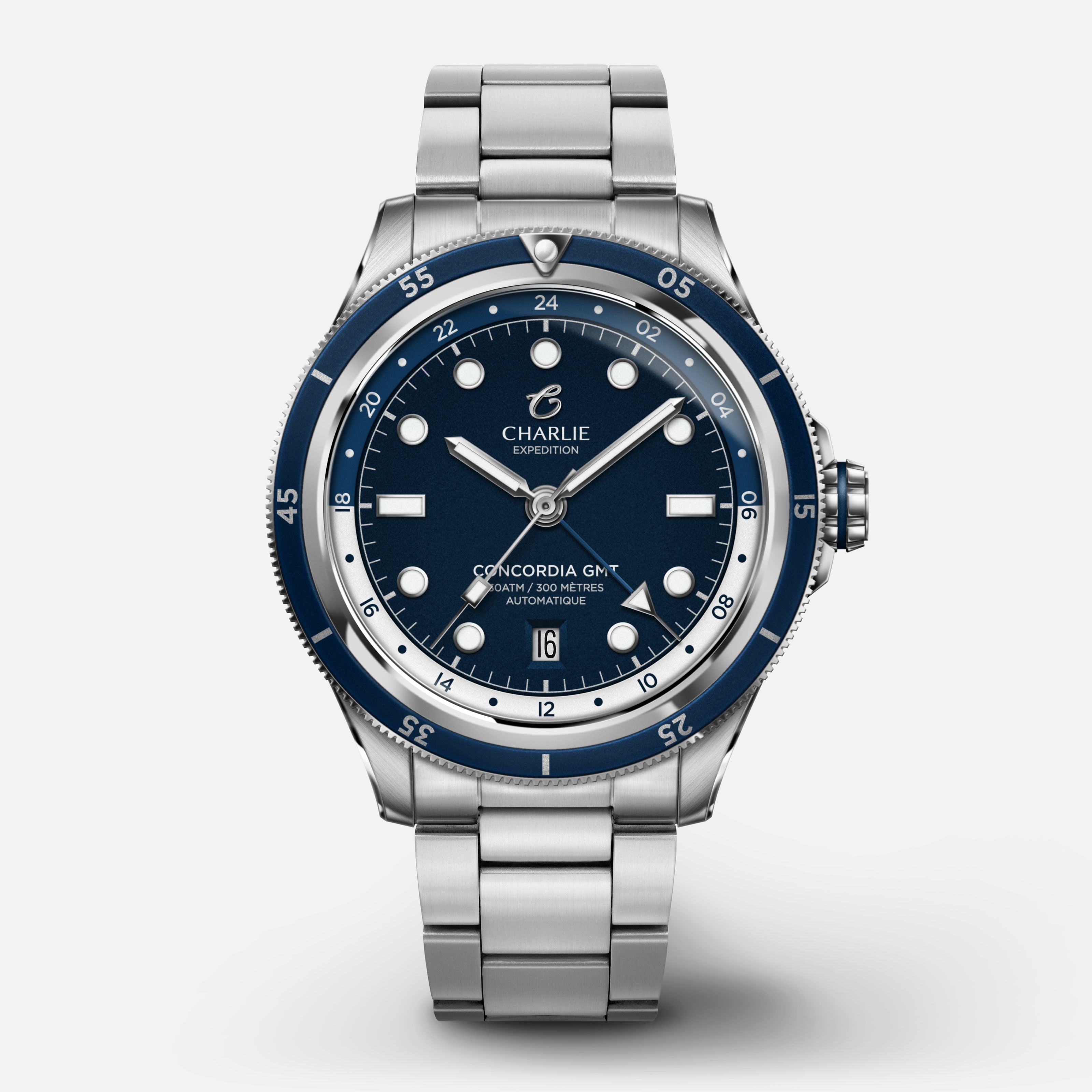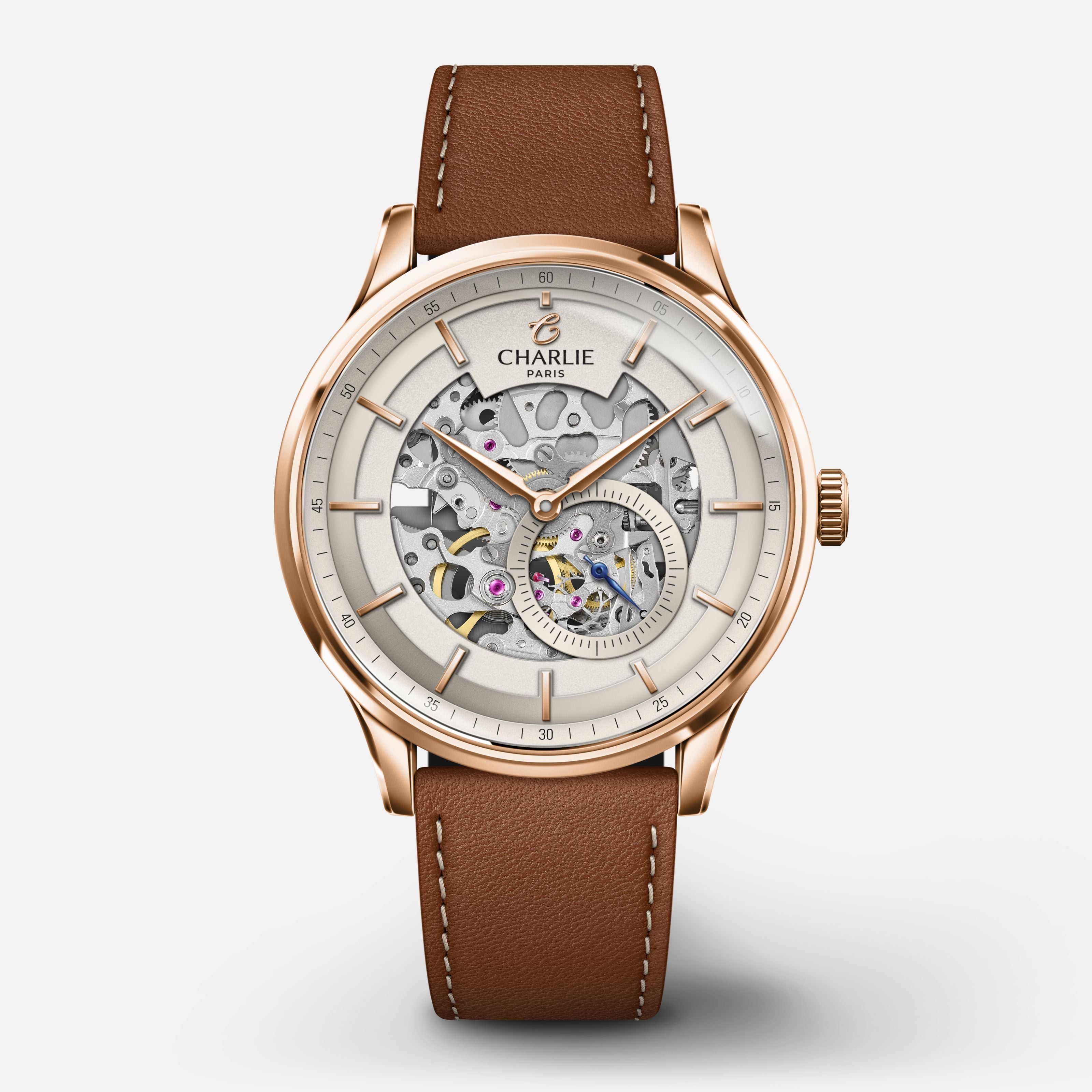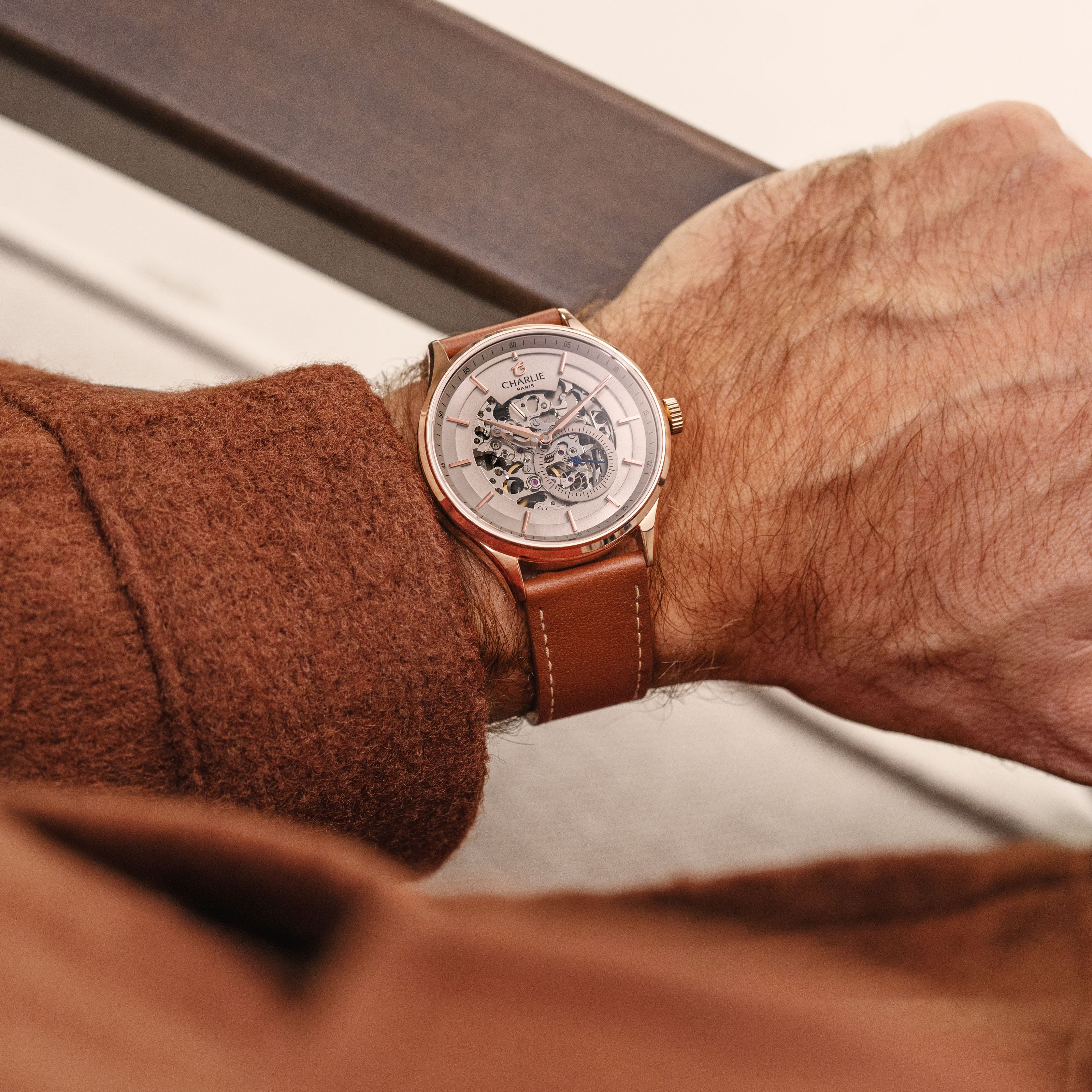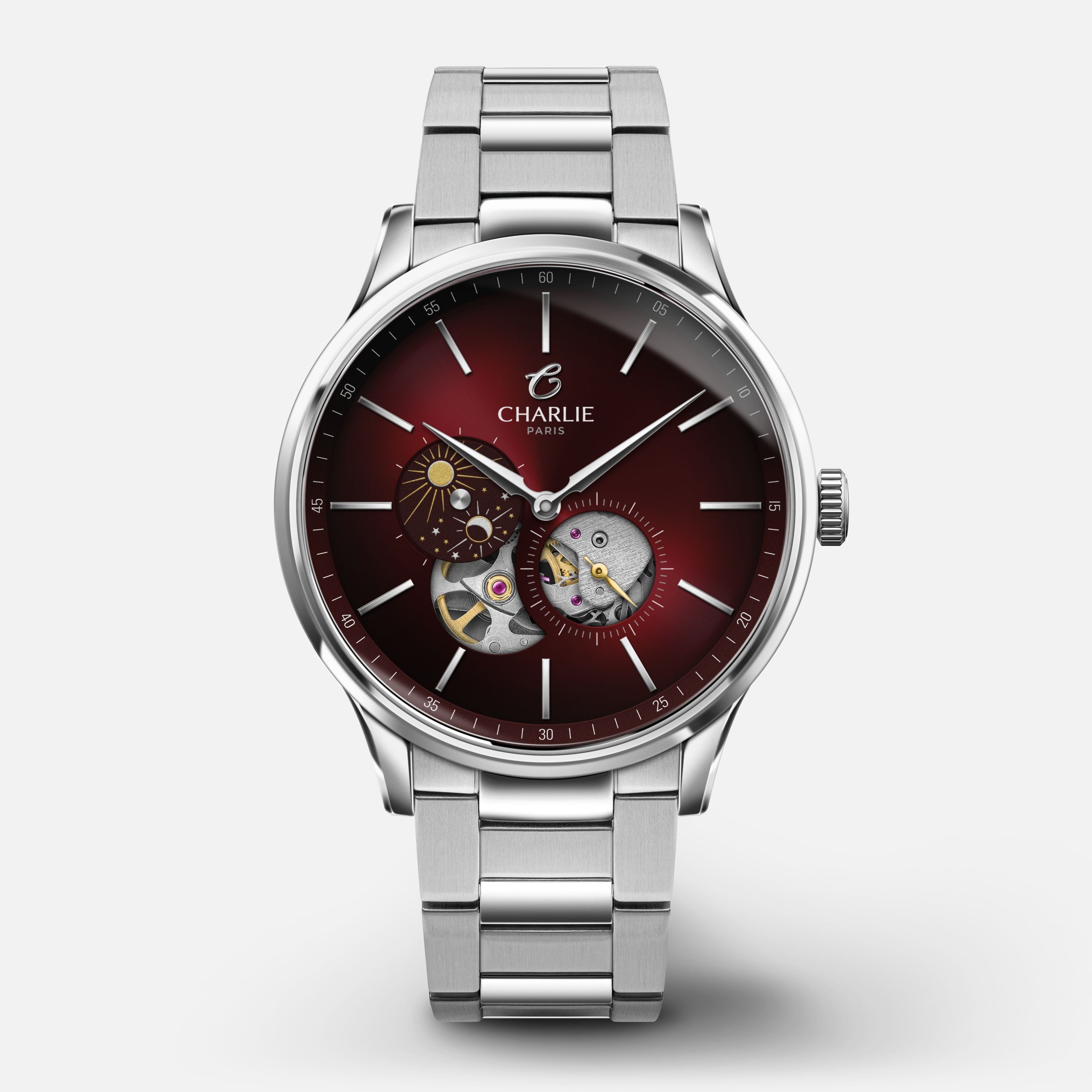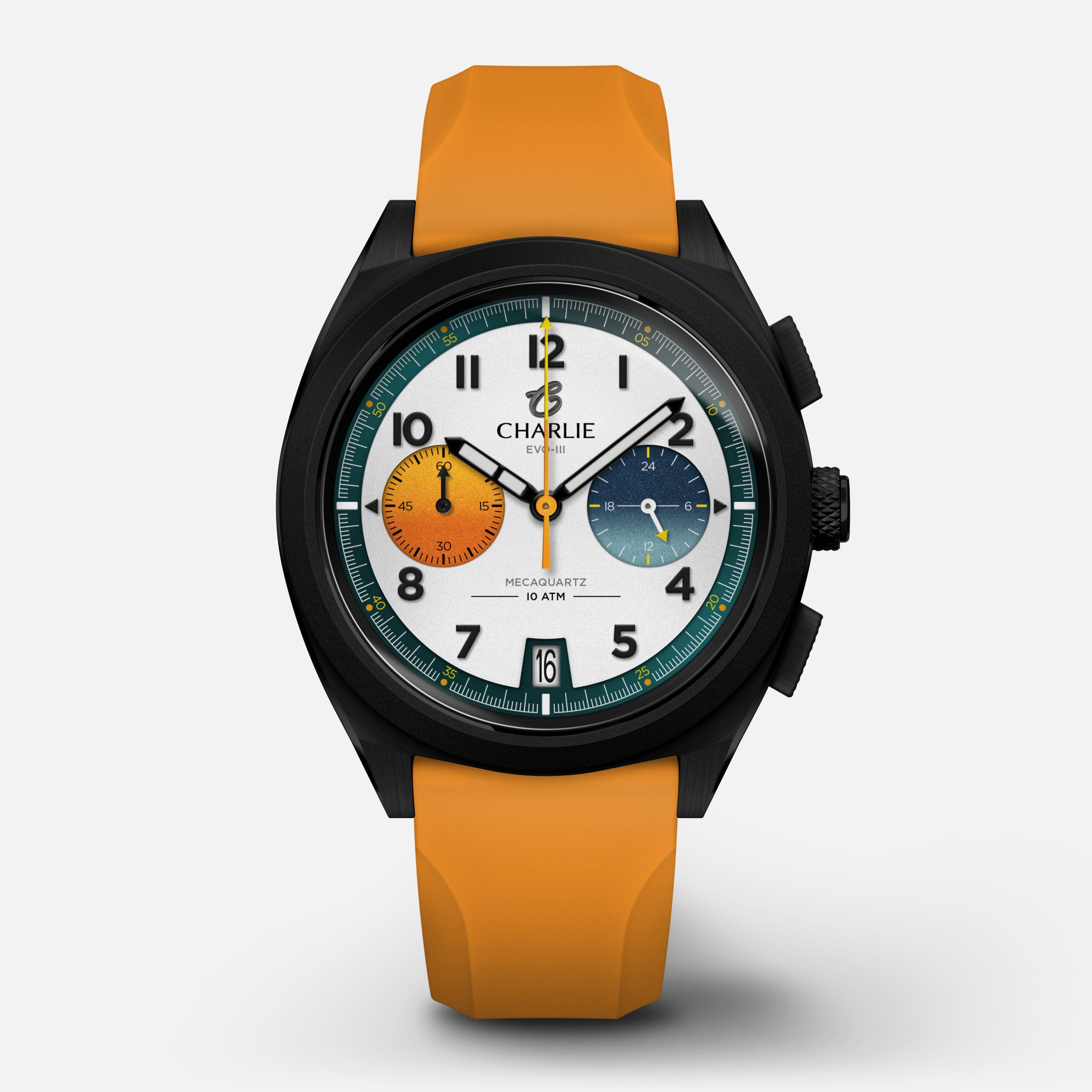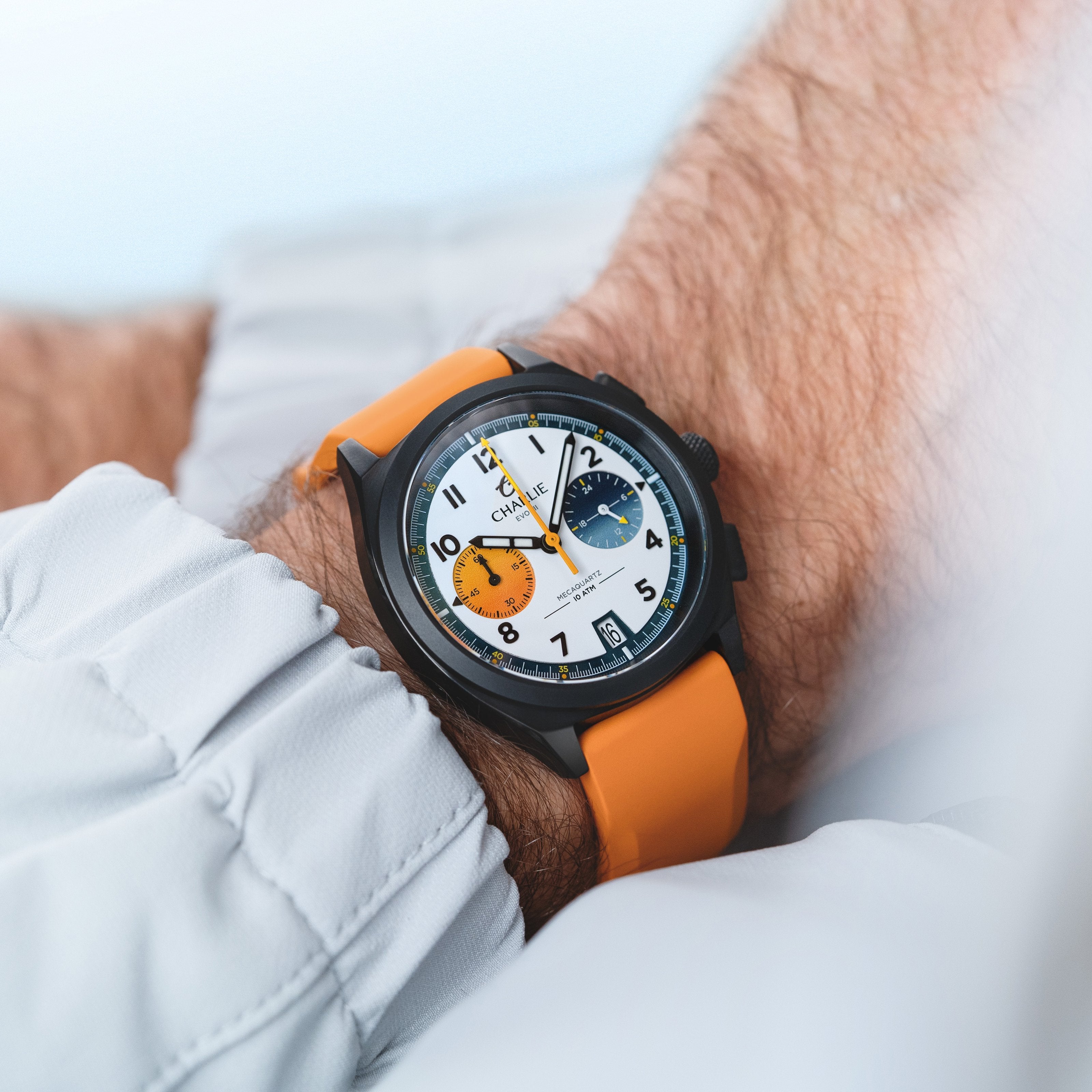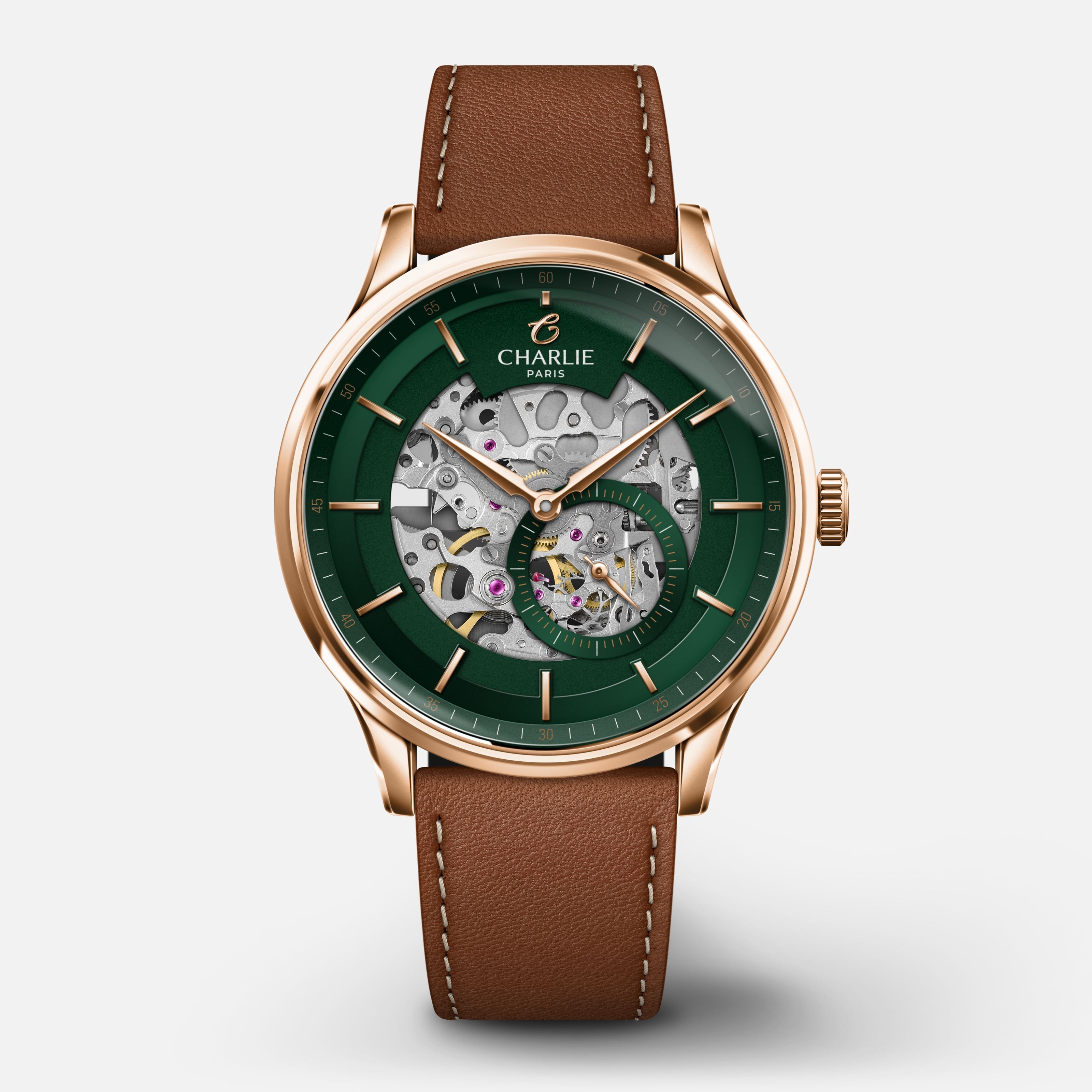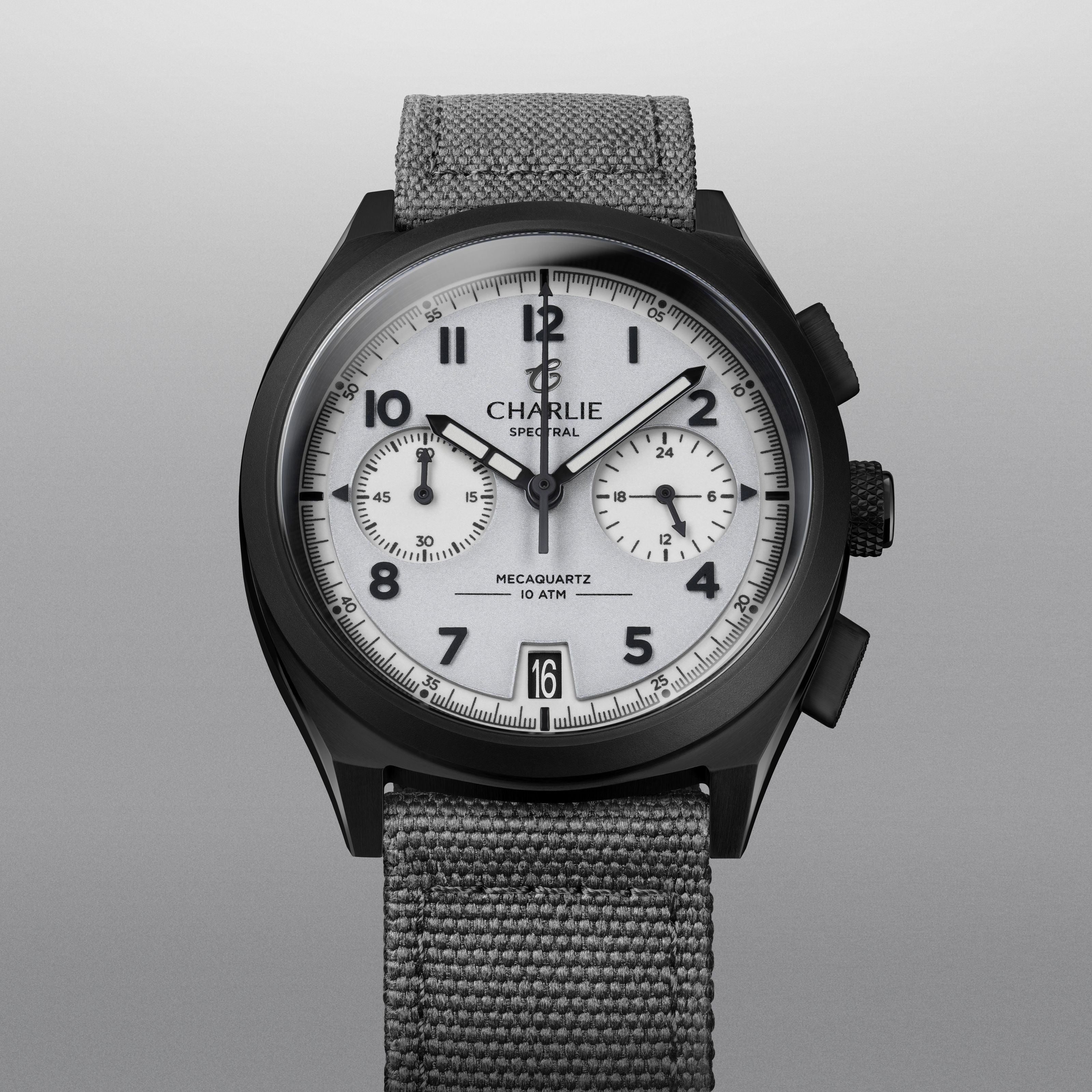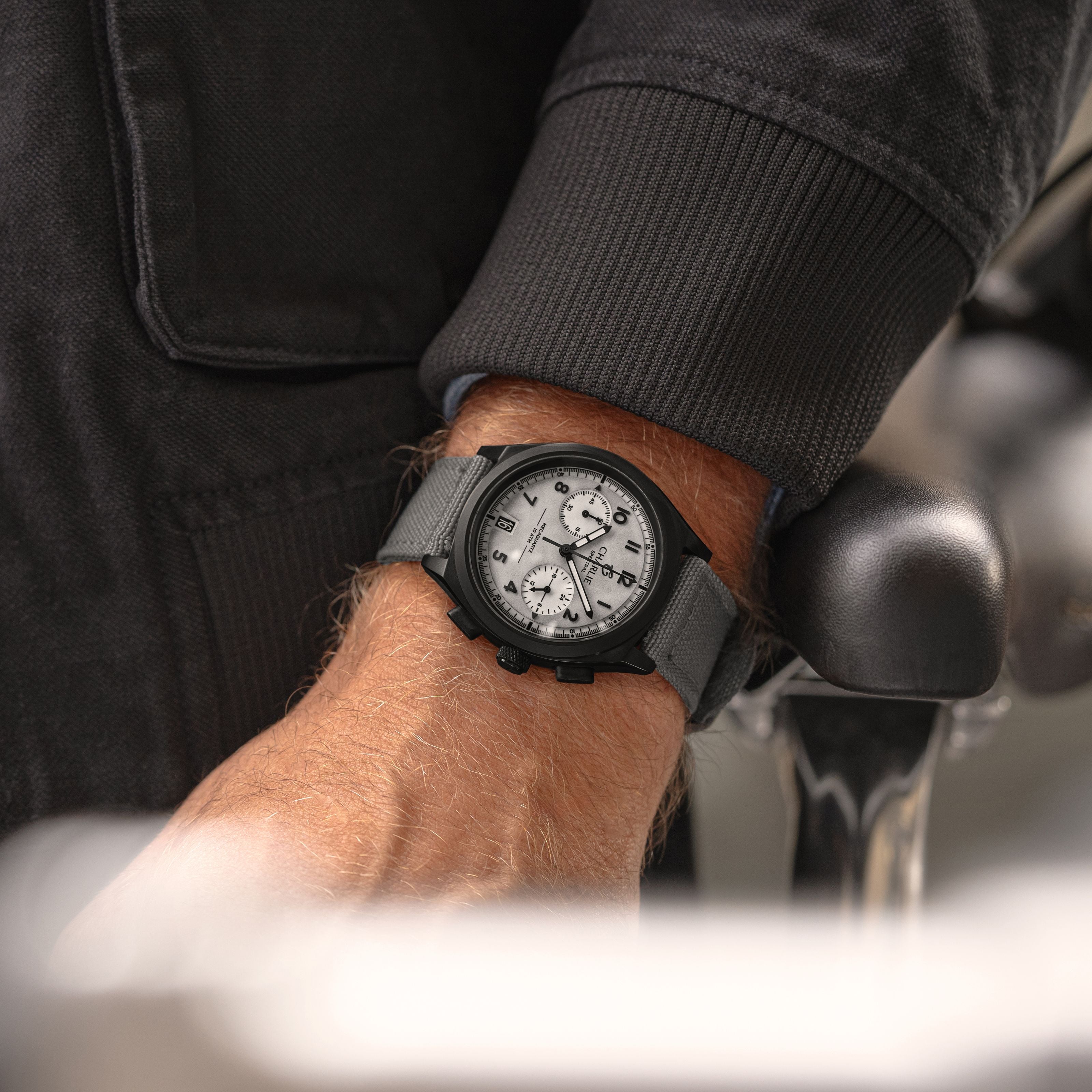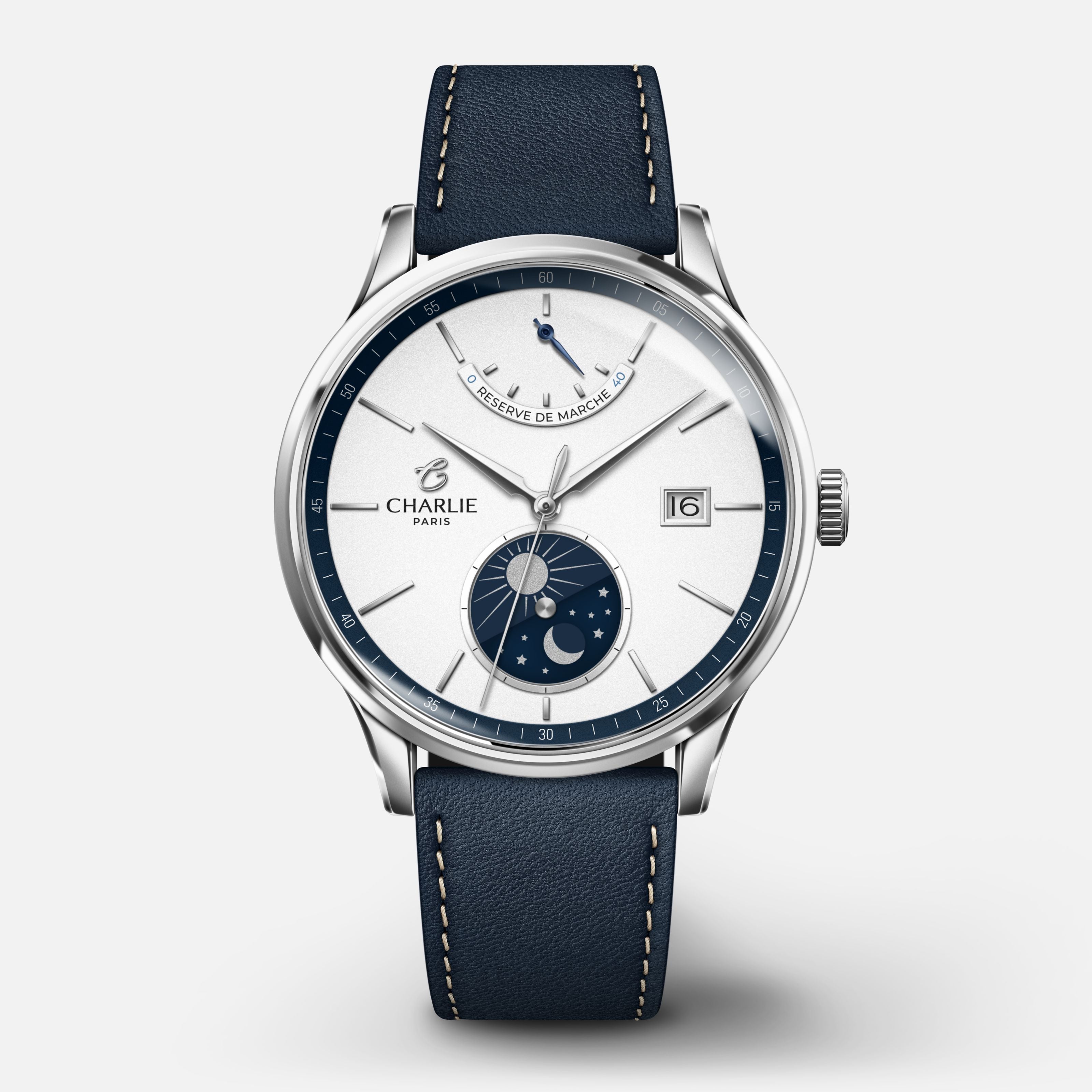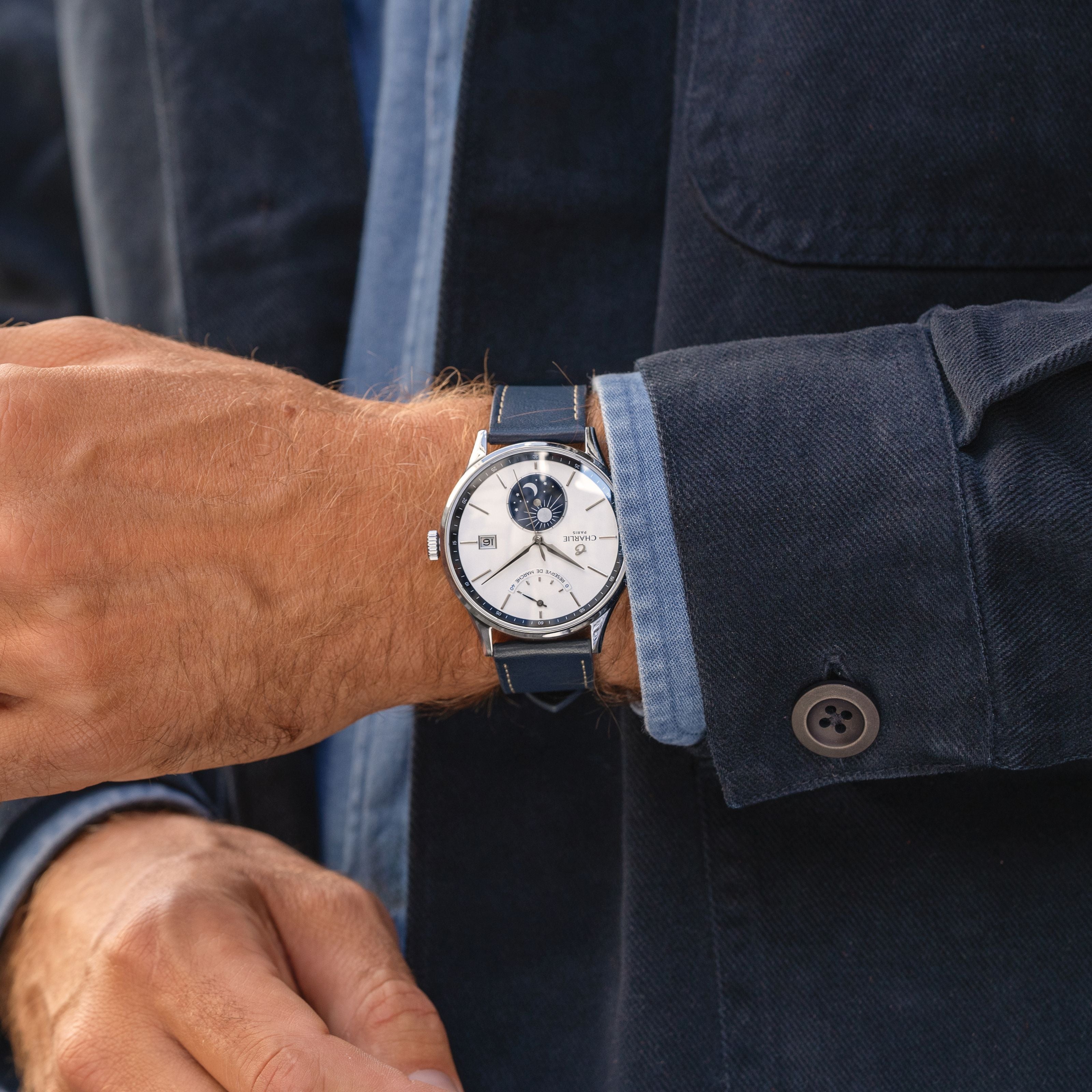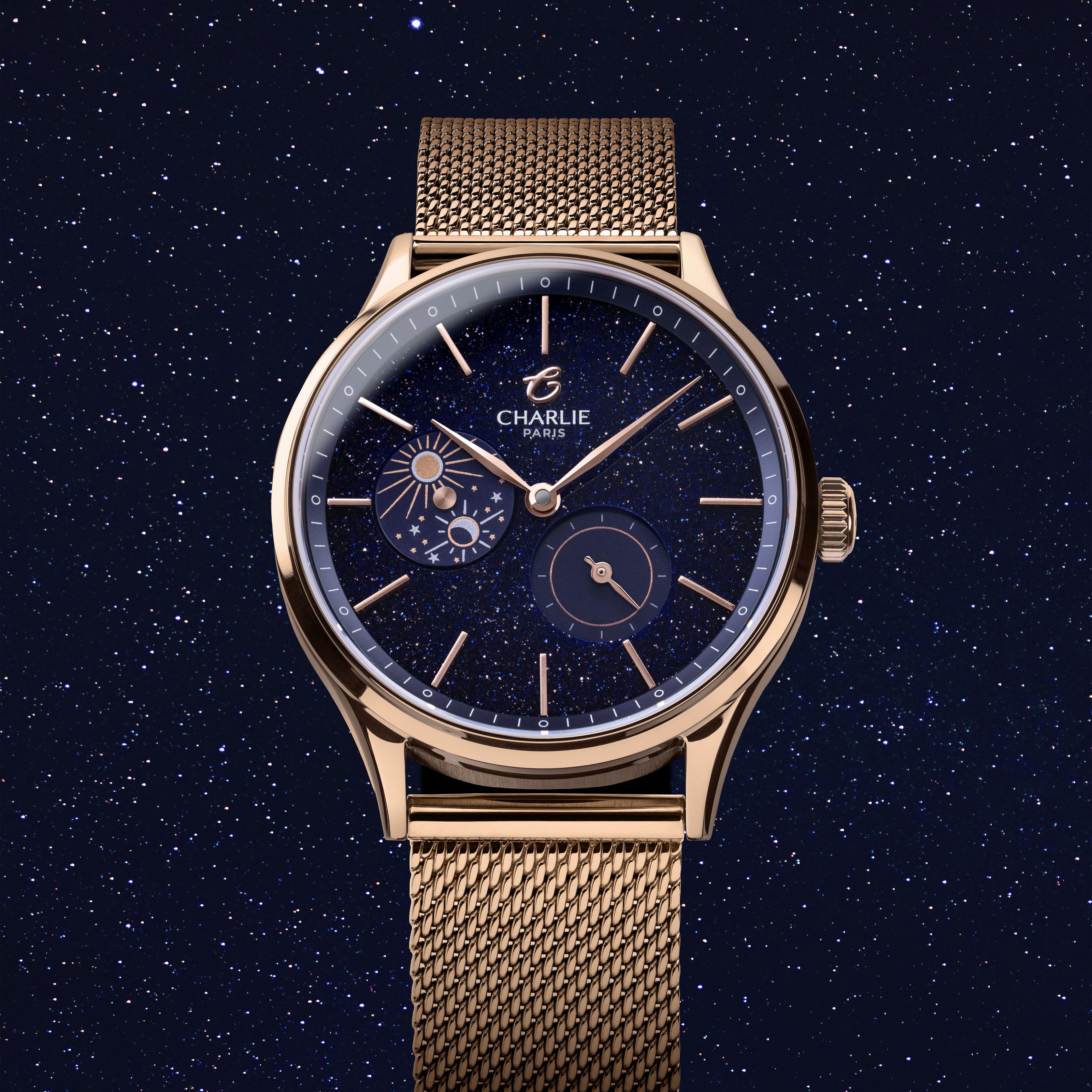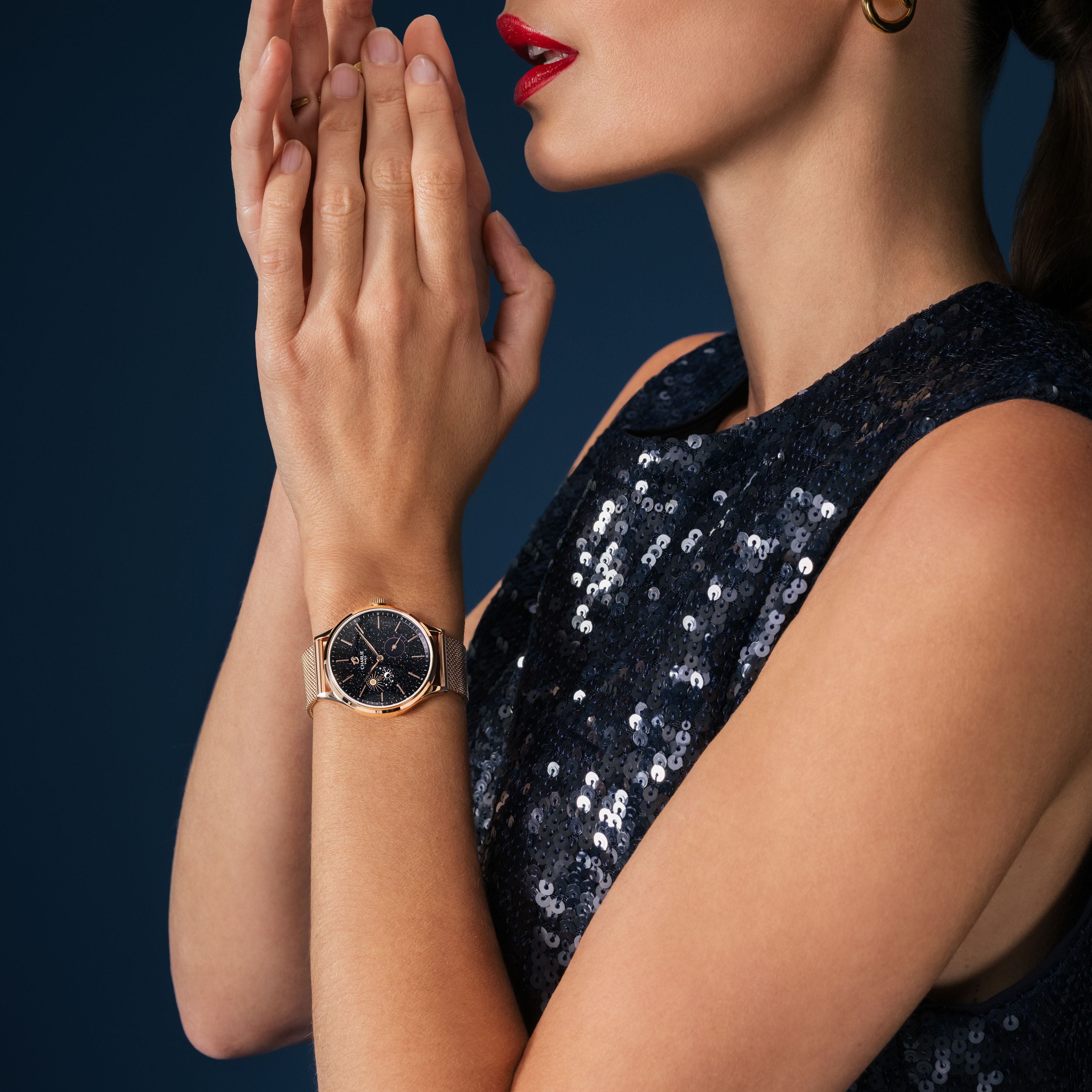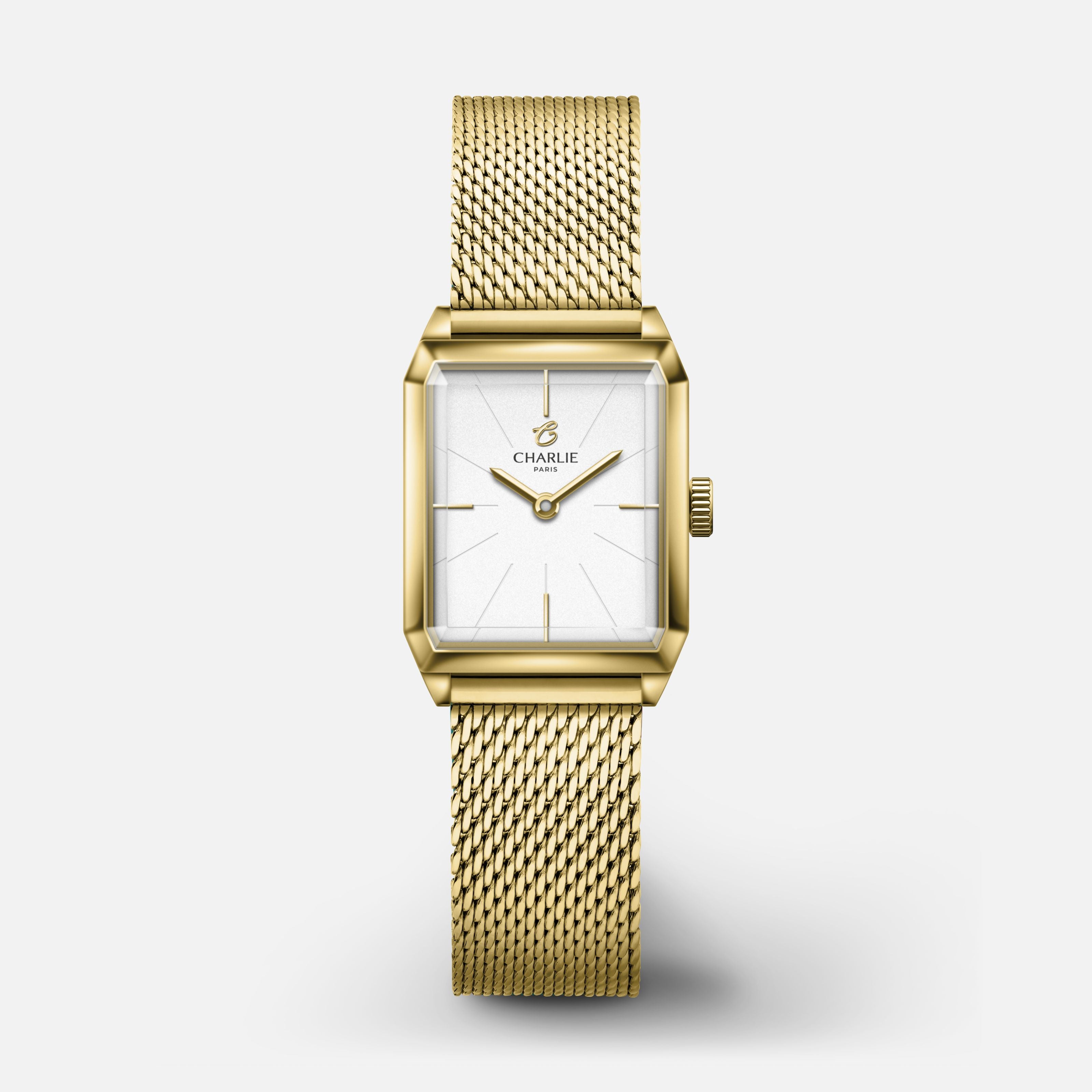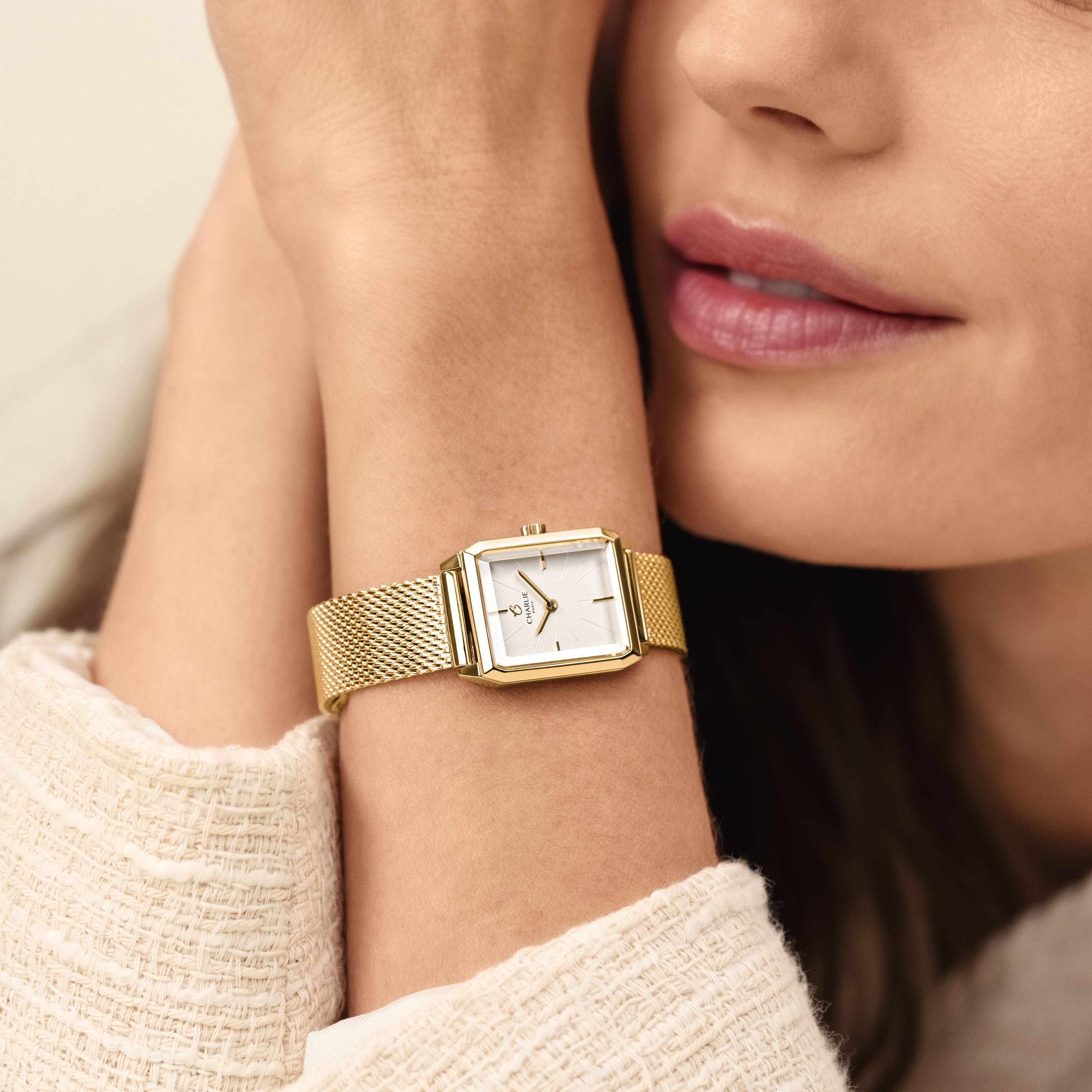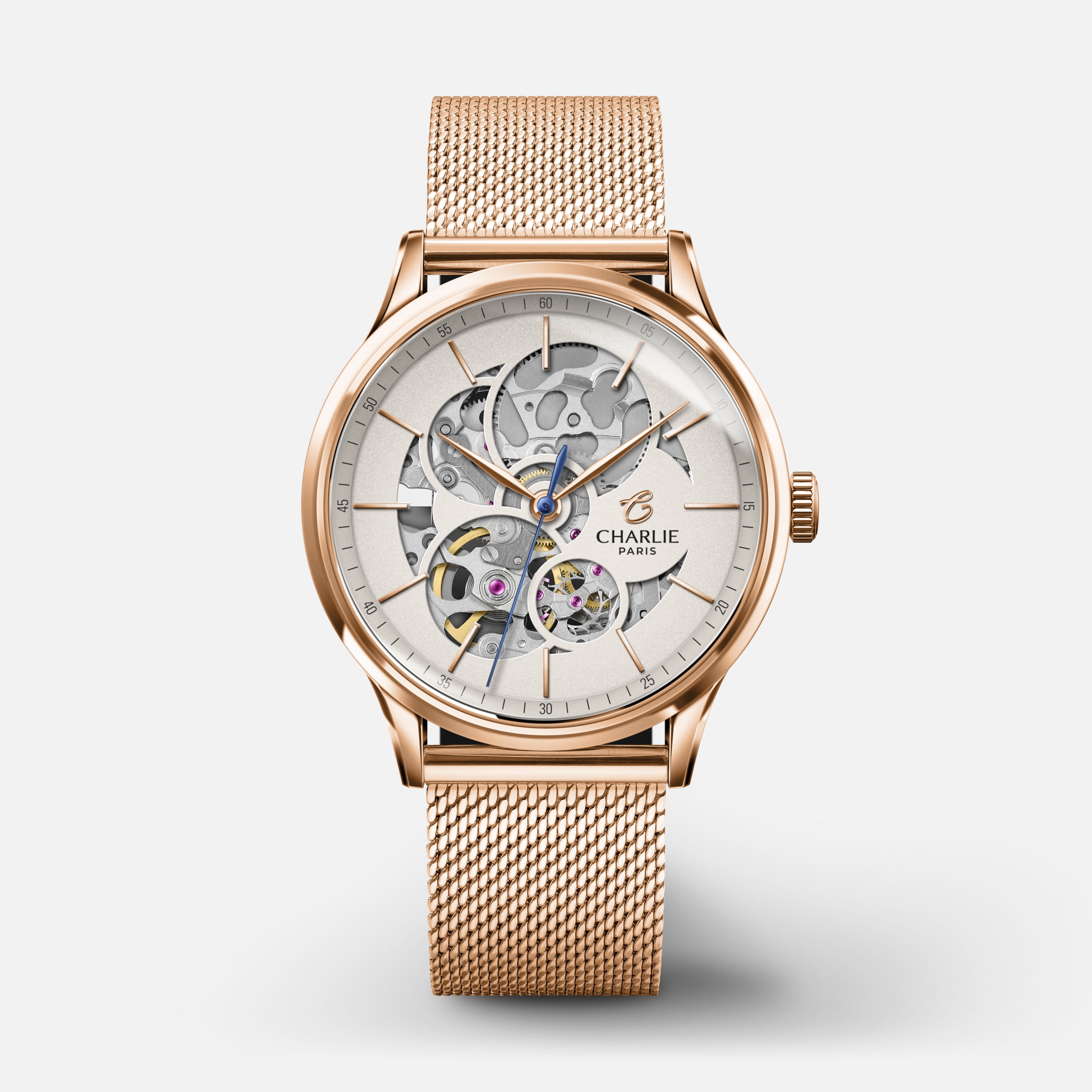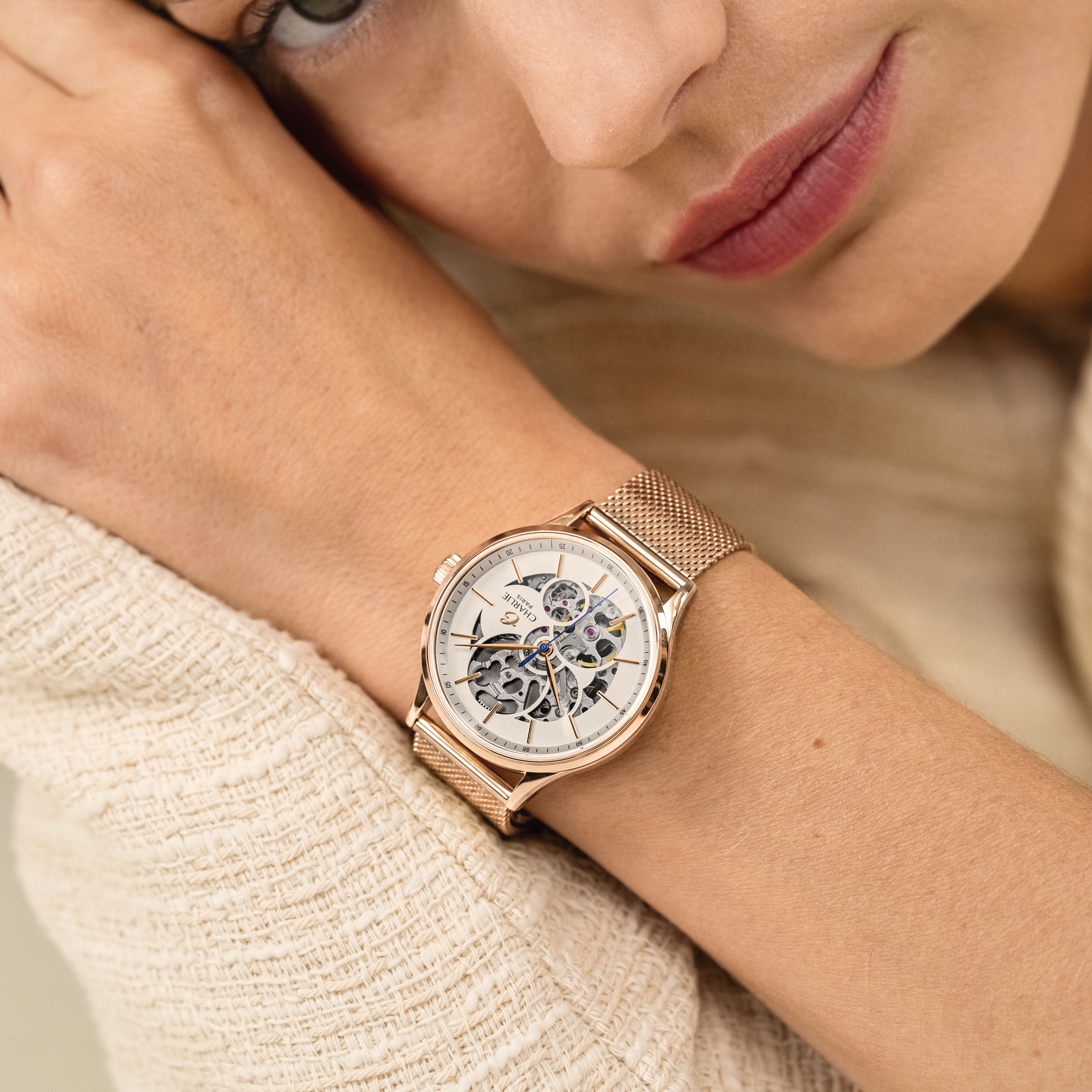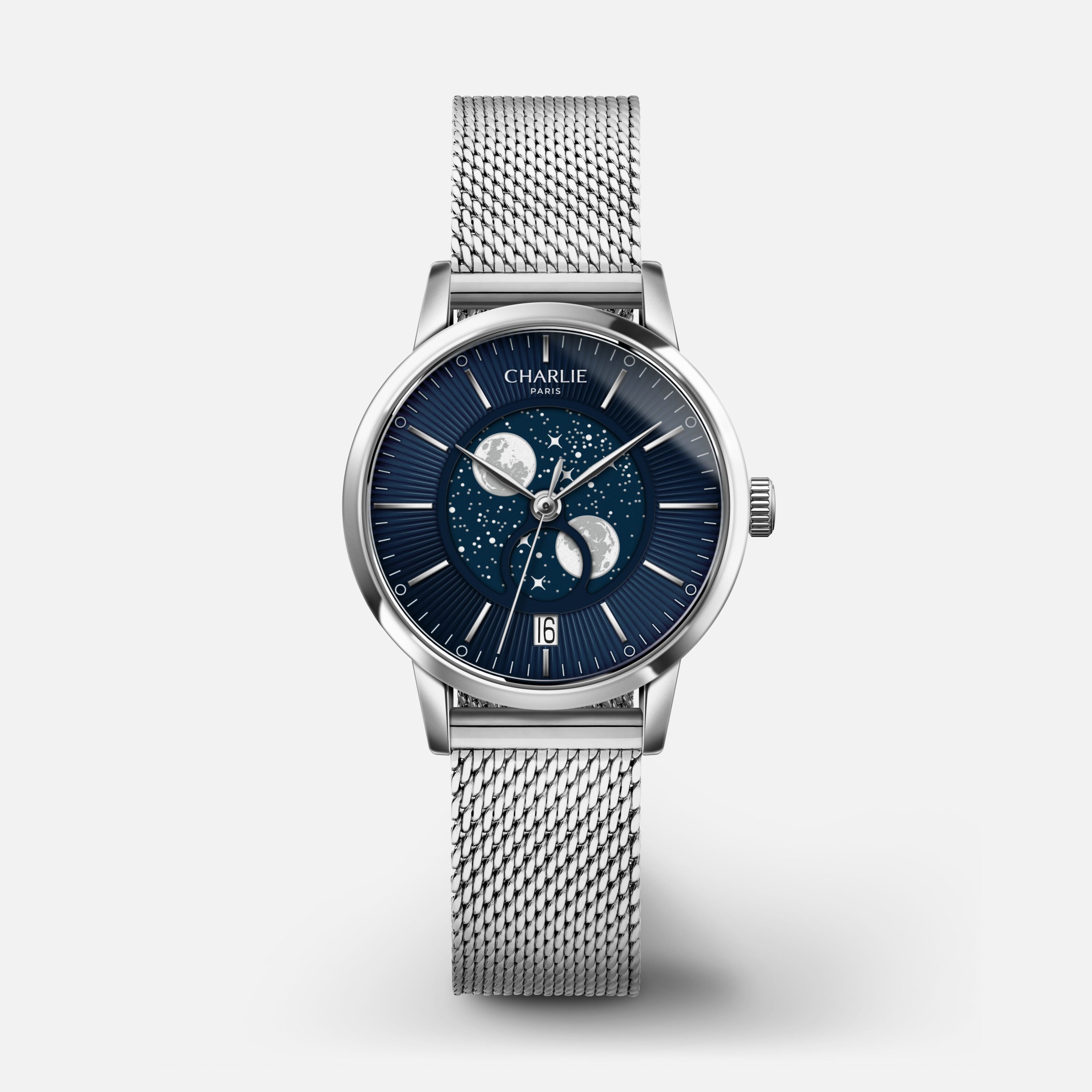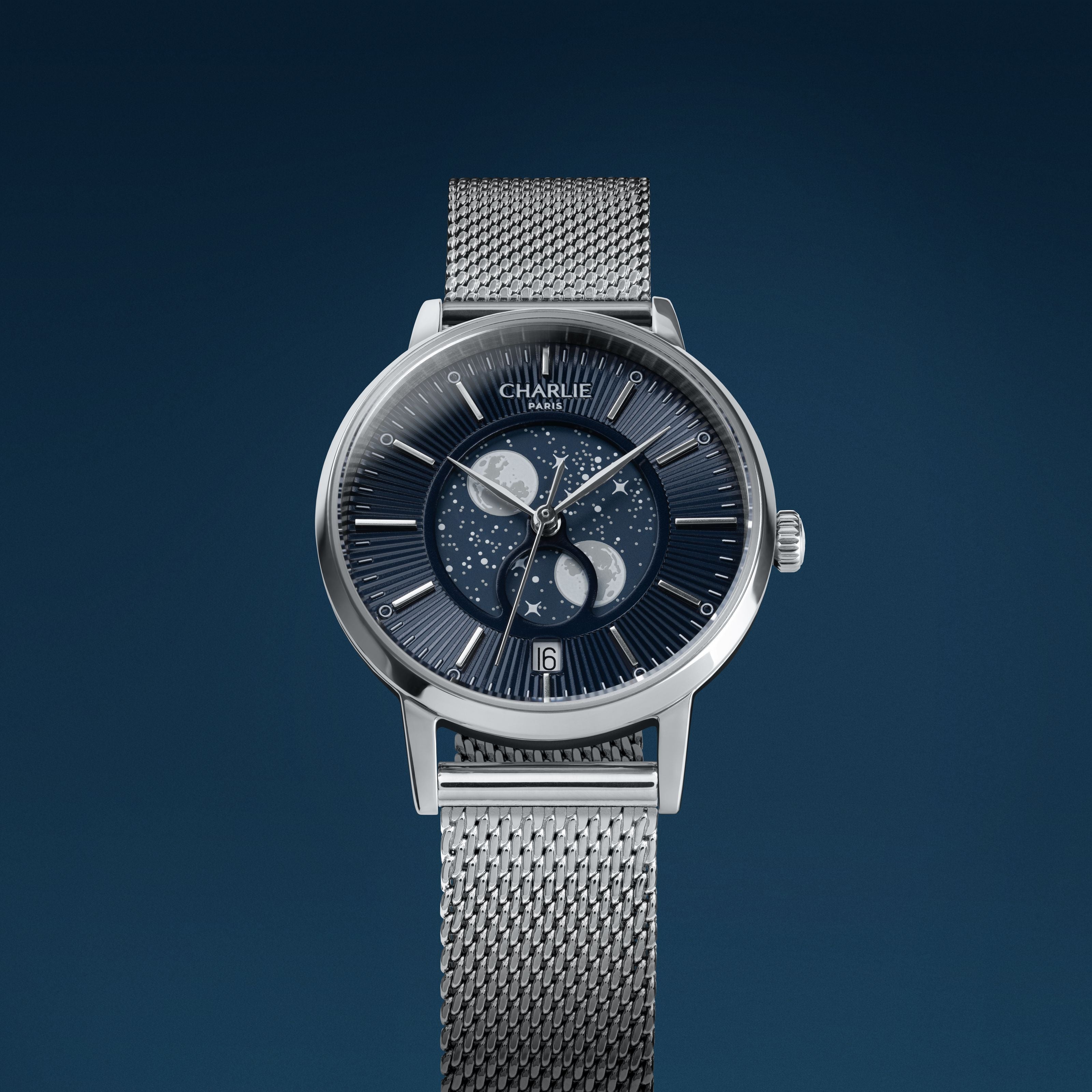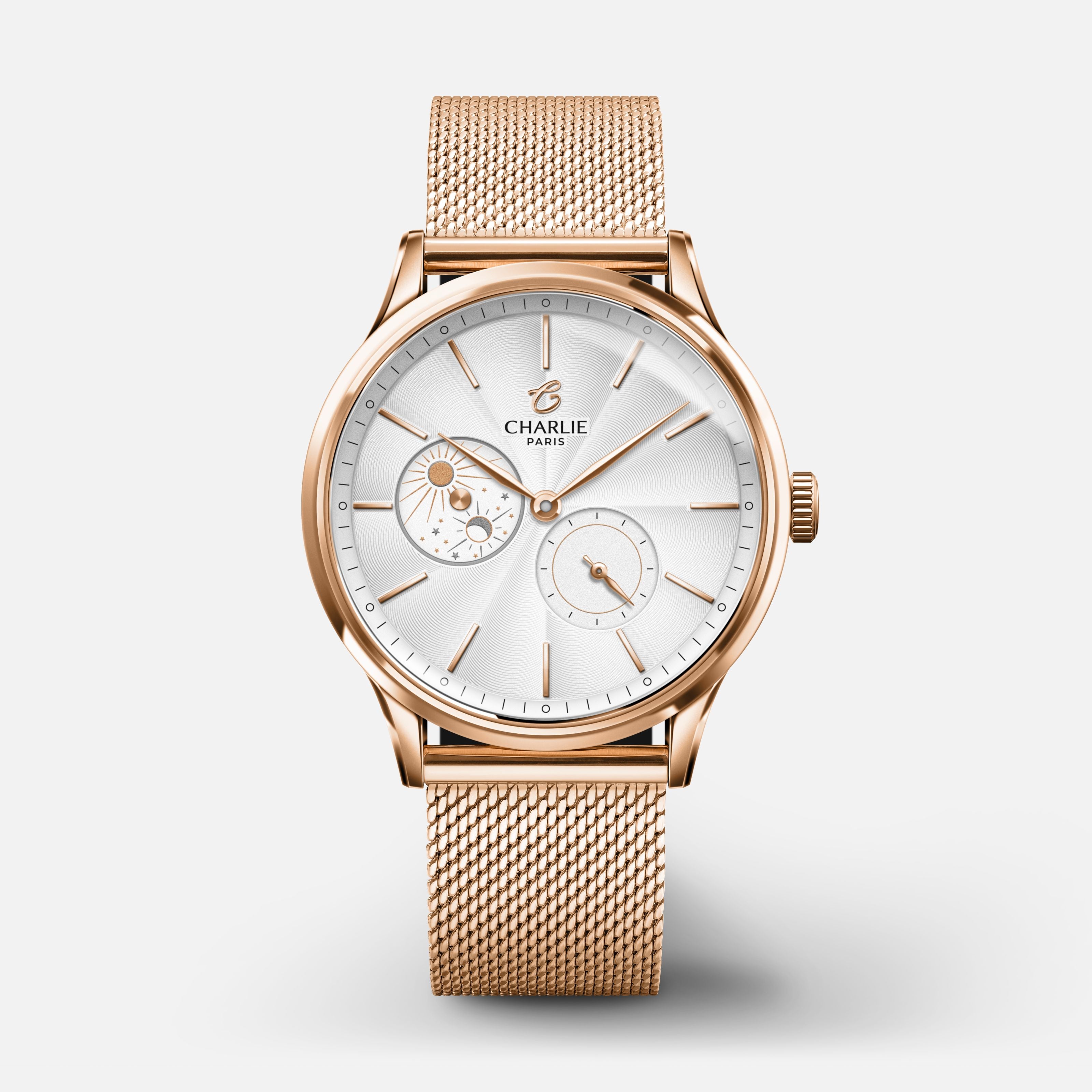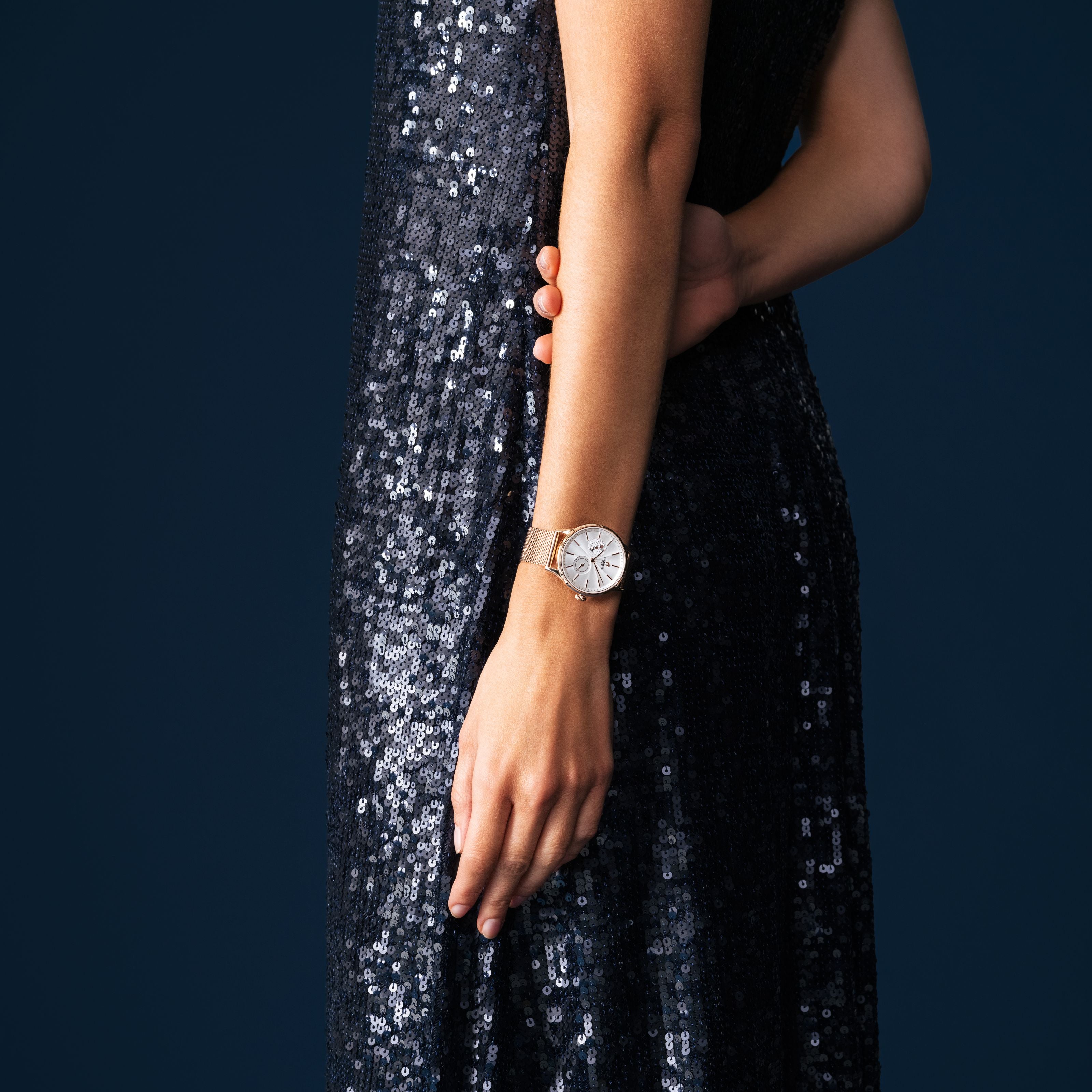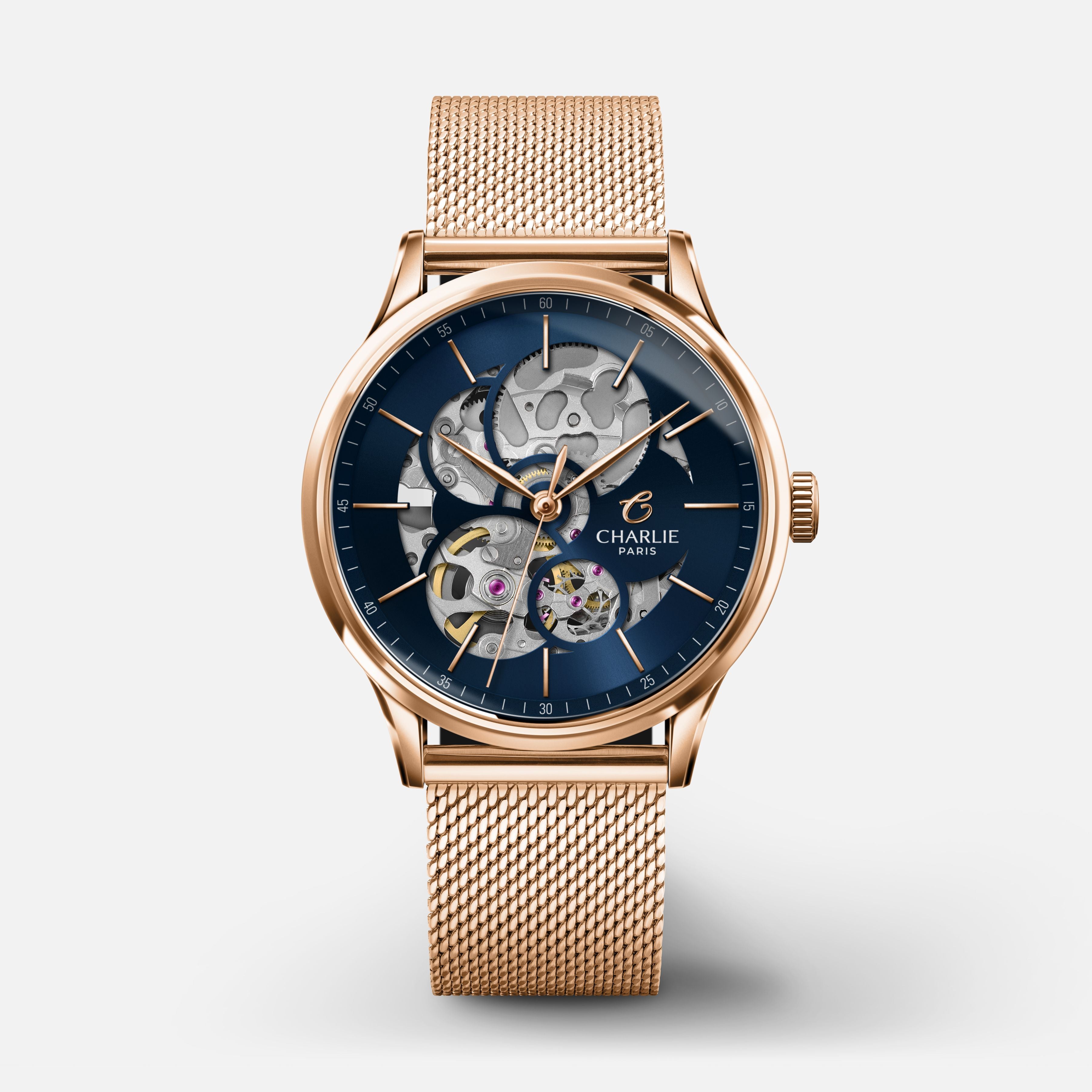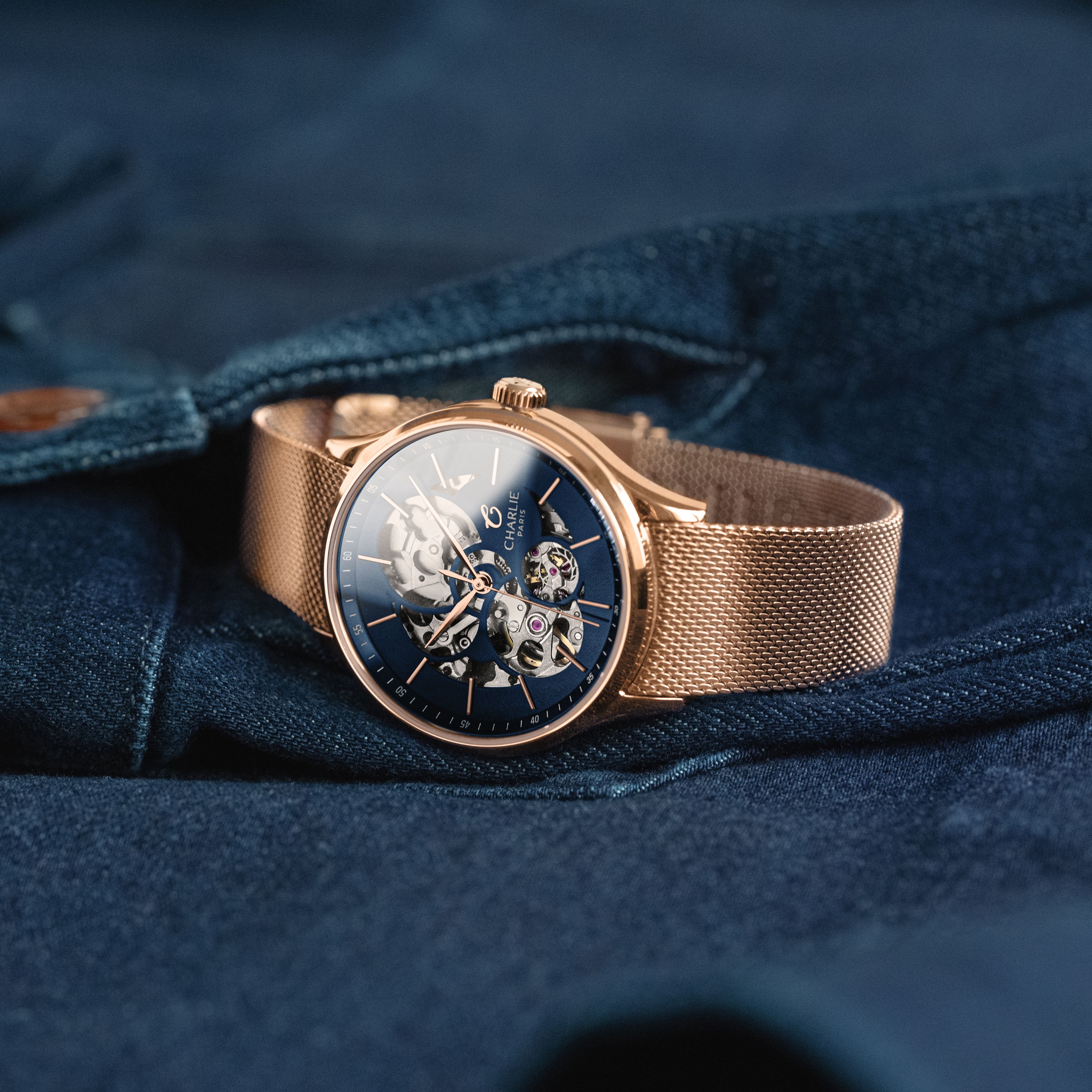"Meeting at noon sharp!" ("Rendez-vous à midi pétante): Here is a typical expression of the French language that you have probably heard before and that can, if you are not the most punctual, sometimes sound like a slight threat from your interlocutor. In this article, the Charlie Paris team on the surprising origin of this expression. For this, we go to the gardens of the Palais Royal, in the heart of Paris...
The expression "noon sharp" is the origin of an ingenious invention, that of the solar cannon. If you have ever walked in the gardens of the Palais Royal, you may have noticed that there was, in the middle of the lawn, a funny little cannon. If you thought, as we did, that it was just a decorative statue... wrong! It is in fact a meridian. No, we are obviously not talking about sofas, but about a solar cannon, invented by Mr. Rousseau, watchmaker of the Beaujolais gallery.
The cannon, installed in 1786, has the particularity of being surmounted by a magnifying glass, itself placed in the axis of the Paris meridian. This ingenious system allows, when the weather is favorable, to concentrate the sun's rays, which, at noon, gives off enough heat to light the wick of the cannon and trigger a strong detonation. Far from being a weapon of destruction, this cannon used to allow Parisians to set their watches to the right time, at a time when automatic watches did not yet exist and when mechanical movements were not always very reliable and could go out of order. The cannon became obsolete and stopped thundering in 1911, when France adopted the Greenwich meridian as its reference time. But the canon of the Palais Royal had not said its last word! If in 1998 the original cannon was stolen, a replica was then installed in the gardens in 2002. Since 2011, every Wednesday at noon "petante" you can hear again the detonation of this solar cannon. However, today the cannon is activated by a fireman and not by the simple heat of the sun, to be more accurate.
Read more

Mother's Day is fast approaching, and what better way to give a gift than with a watch that combines elegance, precision, and functionality? Explore our 5 flagship models that will delight women w...
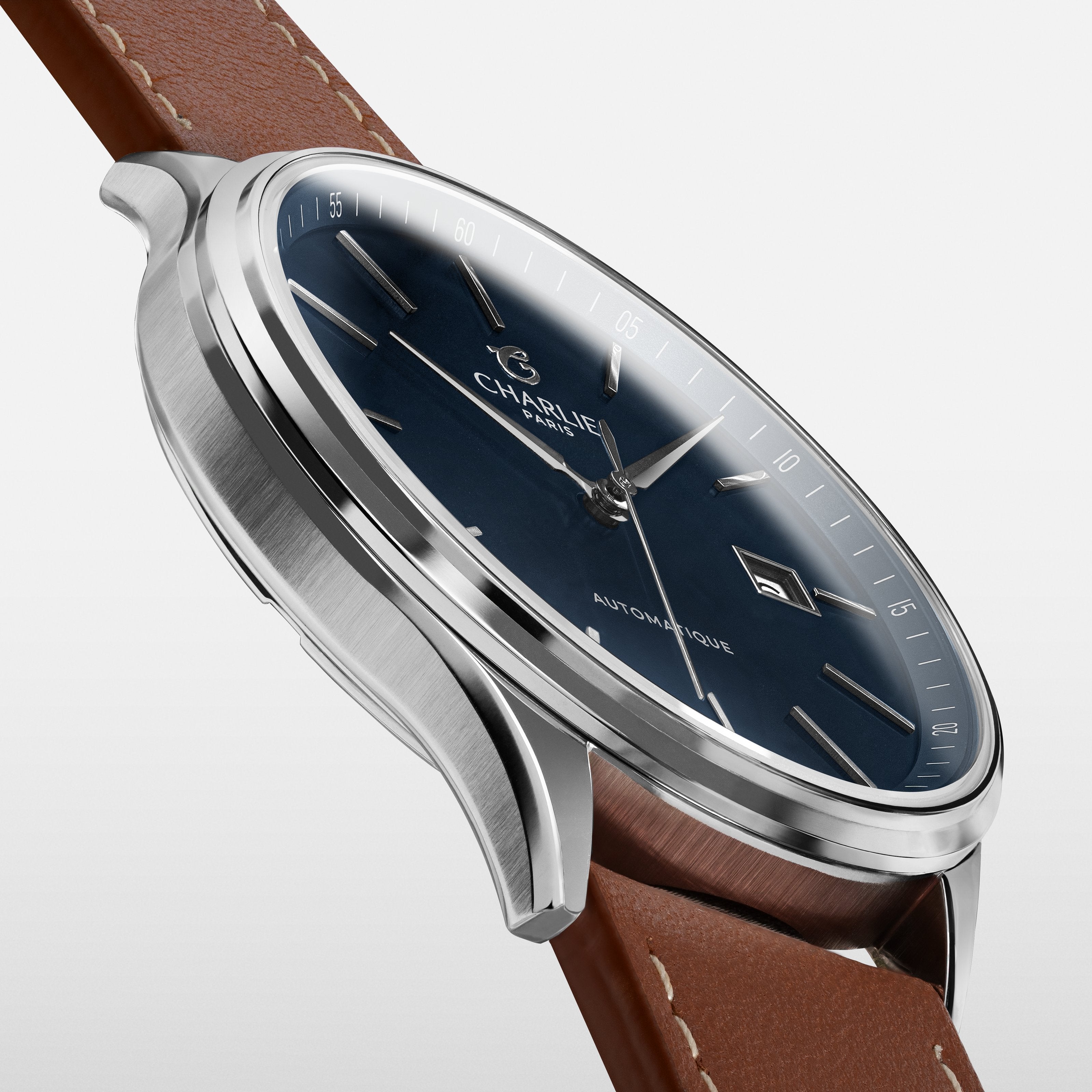
Discover our selection of watches for a budget of 1000 euros.






